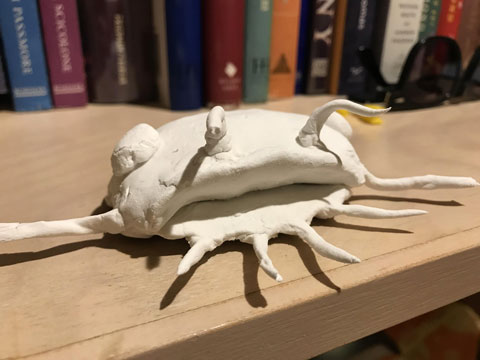IEL Resources
Tip Sheets
- Project Approach for Preschoolers
- Project Approach: Helping Preschoolers Represent What They Learn
- Project Approach: Including Every Child
- Project Approach: Phase 1—Choosing a Topic to Investigate
- Project Approach: Phase 1—Getting Started
- Project Approach: Phase 2—Doing Fieldwork
- Project Approach: Phase 2—Getting Ready for Fieldwork
- Project Approach: Phase 3—Concluding the Project
Blog


